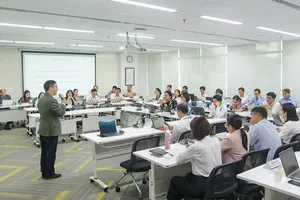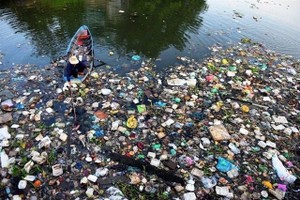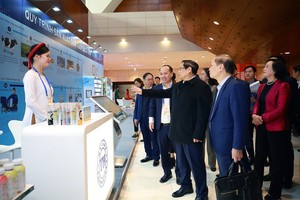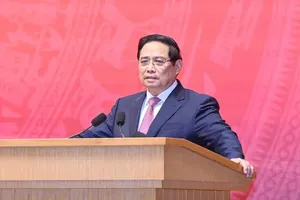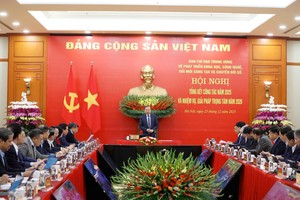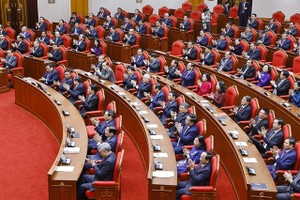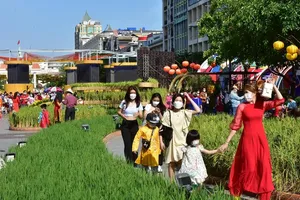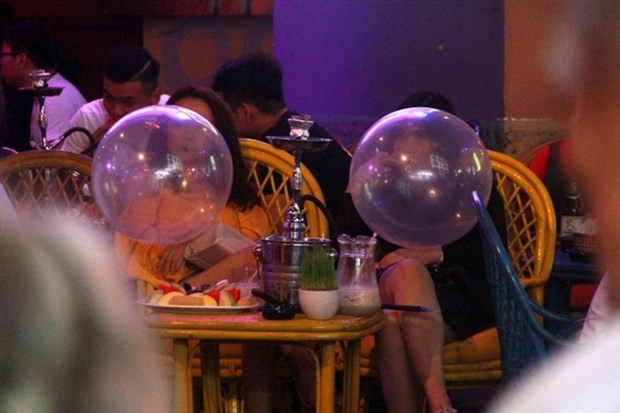
Deputy Prime Minister Vu Duc Dam, who is also Chairman of the National Committee for AIDS, Drug and Prostitution Prevention of Vietnam, said the control over the use of nitrous oxide (N2O) or laughing gas must be tightened in big cities in Hanoi and Ho Chi Minh City.
Dam asked the ministry to study the definition of precursor substances in the amended Law on Drug Prevention and Control.
It would be a legal basis to list laughing gas and similar substances as narcotic substances, he said.
The task must be completed and reported to the Prime Minister before December 31.
He required the Ministry of Health to tighten the use of N2O, assess the impact of using the gas on human health and provide information to the media for dissemination.
The Ministry of Industry and Trade would coordinate with the concerned ministries and branches in strengthening the management of import, production, sale and use of N2O gas.
Sanctions would be stipulated for the violations, he said.
Nitrous oxide is a chemical compound for pain relief within healthcare, mostly during childbirth and in dentistry.
In Vietnam, the gas pumped into balloons can easily be bought at bars and pubs or social network at the cost of between VND50,000-150,000 (US$2.08-6.25) each, depending on their size.
A person who inhales the gas usually bursts into laughter. The regular use of the gas creates immediate dizziness and blocks the nervous system, reducing the ability to think, distorting the perception of sound and even causing brief visual hallucinations.
N2O is not listed as drug or precursor substance under Government Decree 73/2018/ND-CP, dated May 2018.
Previously, Hanoi’s Department of Health and the city police sent a petition to the city authority to tighten the use of N2O for recreational purposes after the rampant sale and use of funky balls were reported in the city.
Health experts raised their warnings of the addictive properties of the gas and negative impacts on people’s health.
The city authority later proposed the Ministry of Health to restrict the sale of the substance for recreational purposes, which gained approval last May.


